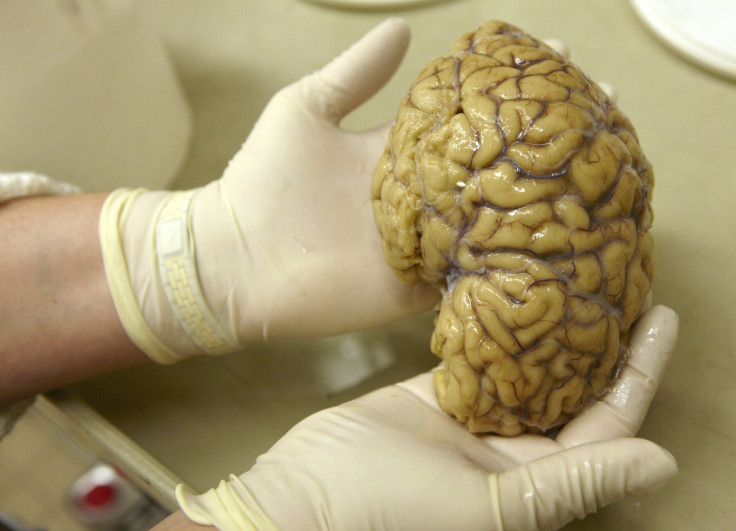Papua New Guinea cannibals developed resistance to diseases after eating human brains

Eating human brains can help prevent diseases and research surrounding it is helping scientists to better understand conditions such as dementia.
A team of scientists from Britain and Papa New Guinea studied the Oceanic country's Fore tribe – a tribe that was known for its cannibalistic tendencies such as eating their relatives brains at their funerals – although this is a practice that has now stopped.
They found that the tribes people had developed a resistance to a mad cow-like disease ailment known as kuru – which was once responsible for the annual death of 2% of the tribe.
One of the studies identified people who were exposed to the kuru disease epidemic when it was at its peak in the 1950s, and found that as a result of genetic changes, they now show signs that they may have developed a resistance to the condition, according to analysis carried out by the Medical Research Council's Prion Unit with the findings published in Nature.
A prion is a type of protein that can cause fatal infections like mad cow disease and other forms of Creutzfeldt-Jakob disease (CJD) – a rare form of dementia.
Unit director and leader of the kuru research programme professor John Collinge said: "This is a striking example of Darwinian evolution in humans – the epidemic of prion disease selecting a single genetic change that provided complete protection against an invariably fatal dementia.
"Much work is now on-going in the MRC Unit to understand the molecular basis of this effect which we expect to provide key insights into how seeds of other misshapen proteins develop in the brain and cause the common forms of dementia, thereby guiding us to new treatments in the years ahead."
To test this theory, the unit bred genetically engineered mice that had the same changes to the prion resistance gene, which proved to be a resounding success.
Dr Emmanuel Asante of the MRC added: "From the human genetic work the Unit has carried out in Papua New Guinea we were expecting the mice to show some resistance to disease. However, we were surprised that the mice were completely protected from all human prion strains. The result could not have been clearer or more dramatic."
© Copyright IBTimes 2024. All rights reserved.









